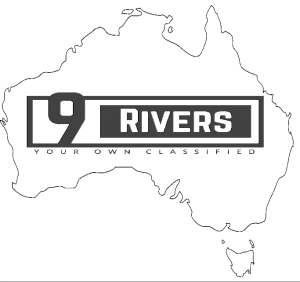Online safety on non-regular websites
-
Avoid clicking on websites which appear fake or scammer. Even if you have somewhat learned about the world wide web, odds are you can realize bad hyperlinks when you visit them. Poor grammar, popups,”click baits” headlines, or even a false-looking web address. One must avoid such web links.
-
Spending some time on such sites can infest your computer with a virus or even make it crash. Most websites can have access to your cookies, small text files that record your preferences and allow websites respond to them often to reveal more relevant advertisements. Hackers can capture and stream your personal data stored in cookies.
-
Clean your cookies each month or so to wipe out any private information that may be saved inside them. When you are searching online or logging in to your bank accounts, check the URL to be certain it begins with”https” rather than”http”. The”s” means that the site is safe and encrypts your information so that it can not be stolen. Sites should have a lock icon at the area.
-
Though it's suitable to store your payment information about a shopping website, do this with caution, because this places you in danger if the website gets hacked.
-
While using public WiFi such as the kind you may find at restaurants, hotels, or airports is actually unsecured. Unsecured WiFi makes it much easier for somebody to hack your PC. In the event that you have to, connect to an unsecured system, and be aware with.
-
In the event that you frequently need WiFi on the move, consider purchasing a virtual private network (VPN). VPN is a software and hardware which may make a secure, personal connection from anyplace.
-
When using public WiFi, link or connect with caution on your smart phone, also prior to linking, if you're able to, confirm the title and login demands of the WiFi with staff. There may be fake similar looking WiFi made avialalble for snooping by some hacker.
-
For an additional security on the world wide web, you may download an antivirus extension (if using chrome) to look at the safety of a website or block pop-up advertisements with viruses or malicious material. Don't forget to download such from Chrome web store, to make sure that the expansion is secure.
-
Install a firewall to secure your house network. A firewall is a digital barrier which prevents unauthorized devices from accessing access to a personal computer or telephone. Many computers come visit the security department of a computer to assess if yours has one.
-
For a fee, you could even download firewall applications from licensed sellers such as Norton, McAfee, or even Microsoft. Most software upgrades arrive with safety updates, therefore it is vital that you've got the most recent version in any way times. To download updates once they are out, turn on automatic updates from the Settings of your computer.









